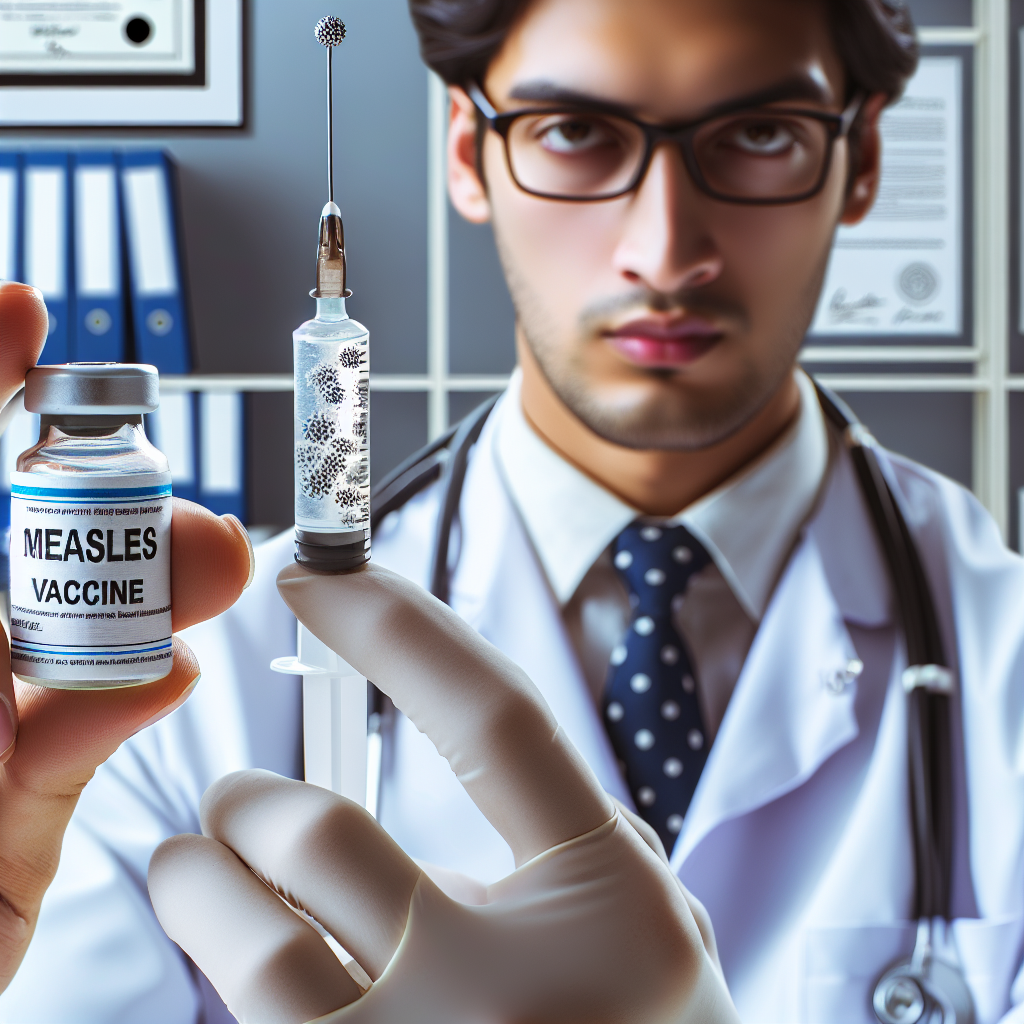NZ Launches Measles Immunisation Week Amid Rising Community Transmission
Associate Education Minister David Seymour emphasized that updated guidance from the Director-General of Health supports keeping students in school, unless there's a confirmed case.

- Country:
- New Zealand
With measles cases climbing and signs of community transmission emerging across multiple regions, Health New Zealand has launched a nationwide Measles Immunisation Week from 3–7 November 2025. The campaign aims to raise awareness, increase MMR (Measles, Mumps, and Rubella) vaccine uptake, and protect public health—especially among vulnerable populations.
Health Minister Simeon Brown and Associate Education Minister David Seymour jointly announced the initiative, urging all New Zealanders to check their immunisation status and act swiftly to protect themselves, their families, and their communities.
Why Measles Immunisation Week Matters
Measles is one of the most contagious diseases in the world. According to the Ministry of Health:
-
One person infected with measles can infect 12 to 18 unvaccinated people.
-
If you're unvaccinated and exposed, there's a 90% chance you'll contract the virus.
-
95% population immunity is required to prevent outbreaks—New Zealand is currently below that threshold.
Minister Brown stressed the urgency:
"Cases of measles continue to rise, and there's never been a better time to act. We're encouraging people to use Measles Immunisation Week to get their MMR vaccine and protect their communities."
Free MMR Vaccine Access and Extra Clinics
Throughout the week, extra immunisation clinics are operating across the country, with a focus on making vaccination accessible for all. The MMR vaccine is free for everyone in New Zealand aged 12 months or older, regardless of residency or visa status.
People who are particularly encouraged to check their vaccination records include:
-
Children aged 12 months or older who haven't had the MMR vaccine yet.
-
Anyone born between 1969 and 2004, as they may have missed one or both doses of the vaccine.
The public is urged to verify their immunisation status through the Aotearoa Immunisation Register, or by contacting their GP or local health provider.
Resources:
-
Book online: bookmyvaccine.health.nz
-
Call the Vaccination Helpline: 0800 28 29 26 (Mon–Fri 8:30am–9pm, Sat–Sun 8:30am–2pm)
-
More info: info.health.nz/measles
Keeping Kids in School: A Balanced Approach
With measles transmission spreading into schools, there has been concern over potential closures or blanket exclusions. Associate Education Minister David Seymour emphasized that updated guidance from the Director-General of Health supports keeping students in school, unless there's a confirmed case.
"If there hasn't been a confirmed case of measles at a school, all students should continue attending – regardless of their vaccination status," Seymour said.
Where a case is confirmed, Health New Zealand's National Public Health Service (NPHS) will:
-
Cross-reference the school roll with the Aotearoa Immunisation Register.
-
Identify students who haven't received two doses of MMR.
-
Advise only close contacts who are unvaccinated to stay home temporarily.
Seymour framed this decision within a broader effort to restore educational consistency post-COVID:
"Covid had a major impact on attendance culture. We are restoring a culture that values attendance, responsibility, and long-term success. A disruption to education today becomes a crisis tomorrow."
Regions Affected and Signs of Community Spread
Health officials have confirmed measles cases in multiple regions, including:
-
Northland
-
Auckland
-
Taranaki
-
Wellington
-
Nelson
Unlike earlier in the year, where most cases were imported, community transmission is now present. This means people are contracting the virus locally, increasing the urgency for a robust vaccination response.
Final Call to Action
Measles can lead to serious complications, including pneumonia, brain inflammation (encephalitis), and even death. Infants, immunocompromised individuals, and pregnant women are particularly at risk.
Minister Brown concluded with a clear message:
"This is a preventable disease. The vaccine is safe, free, and widely available. We're asking New Zealanders to take five minutes this week to check their status and protect themselves, their whānau, and their communities."
Don't wait. Act during Measles Immunisation Week and stop the spread.









